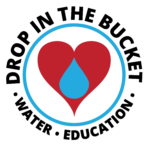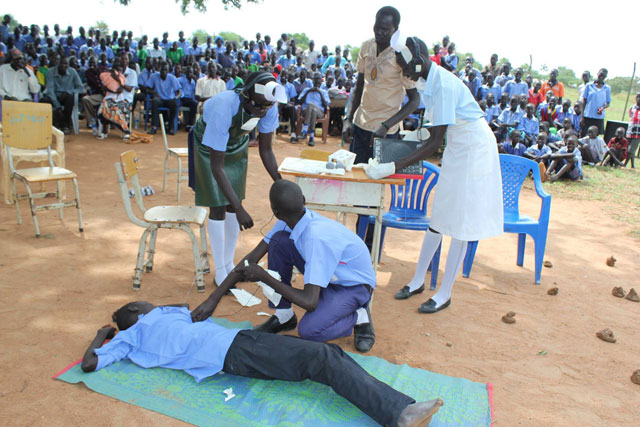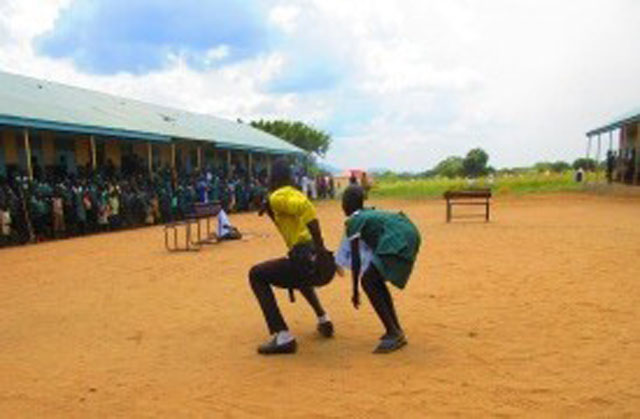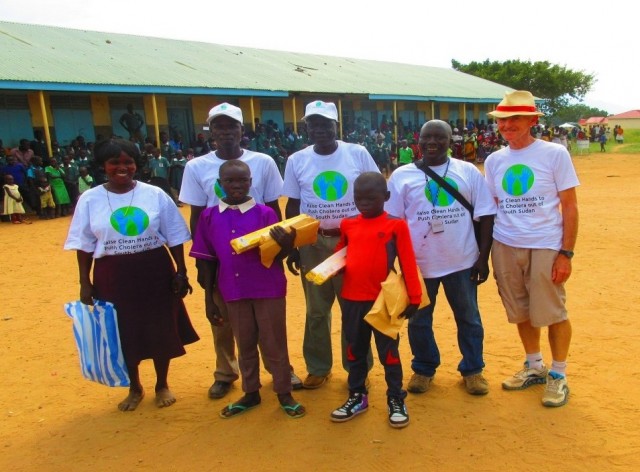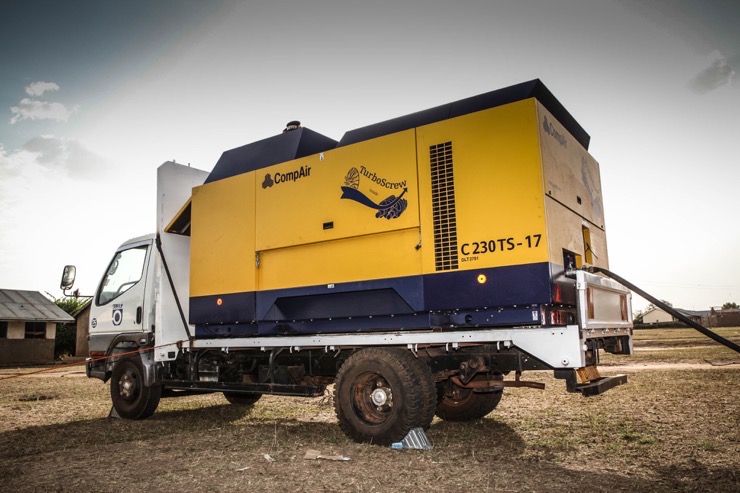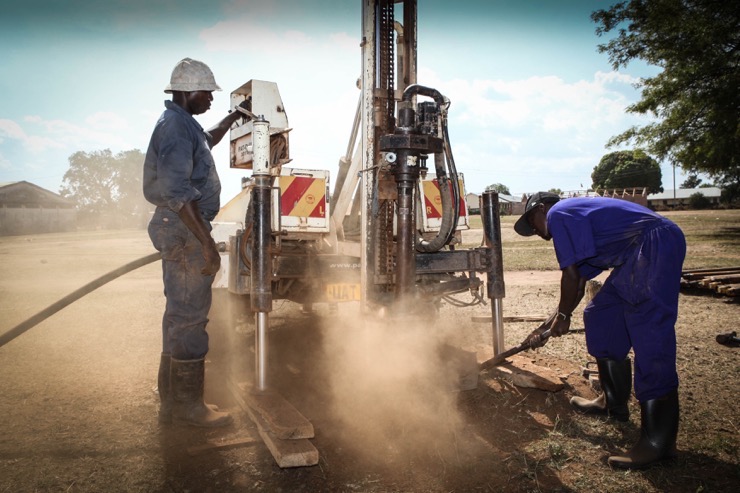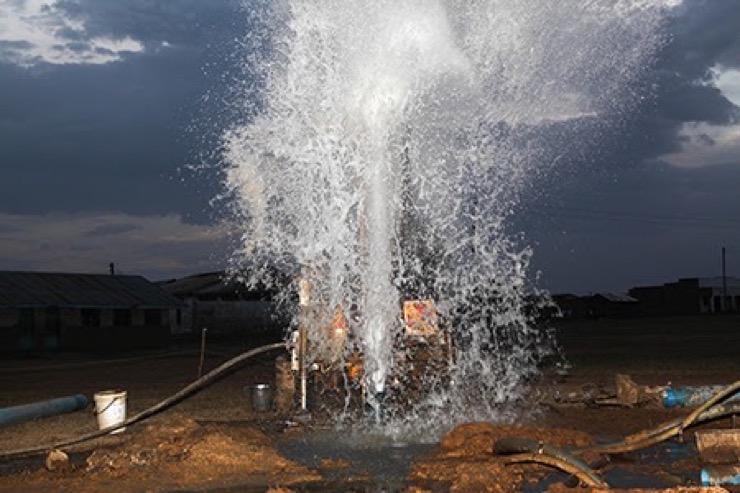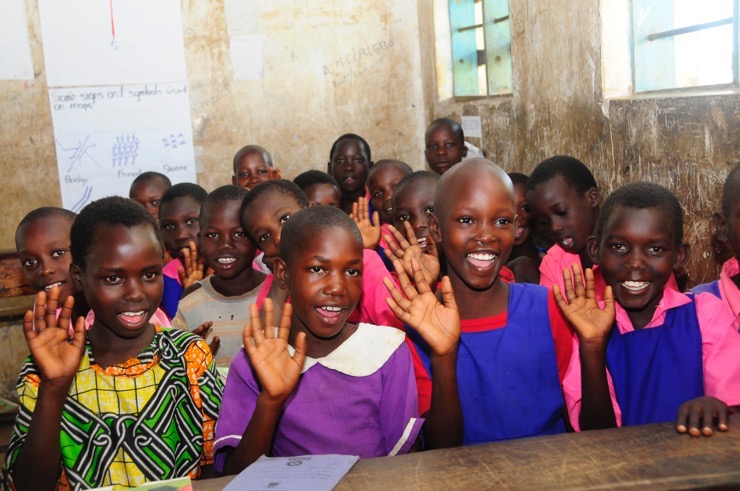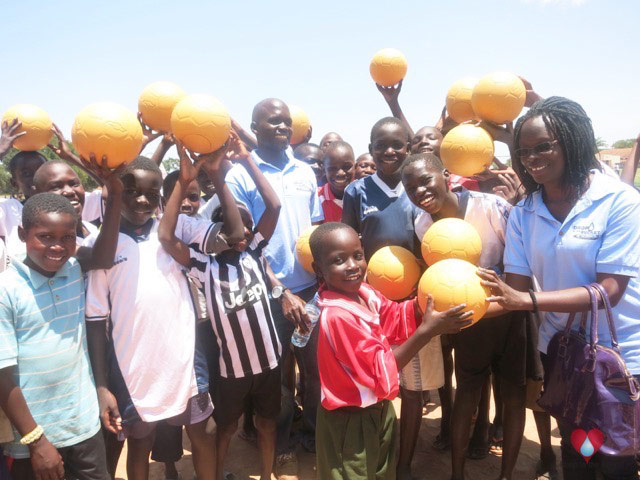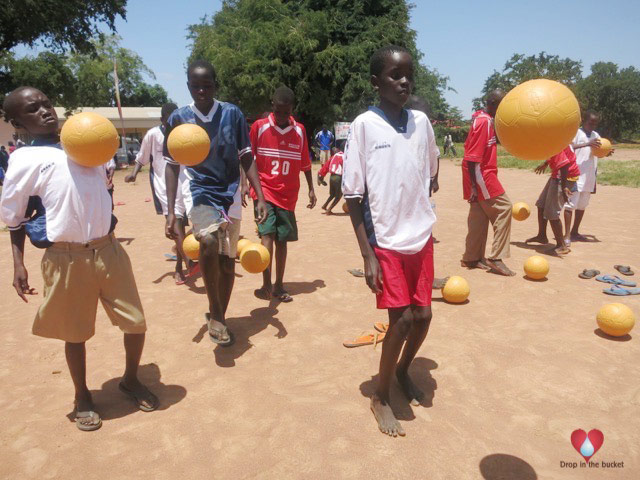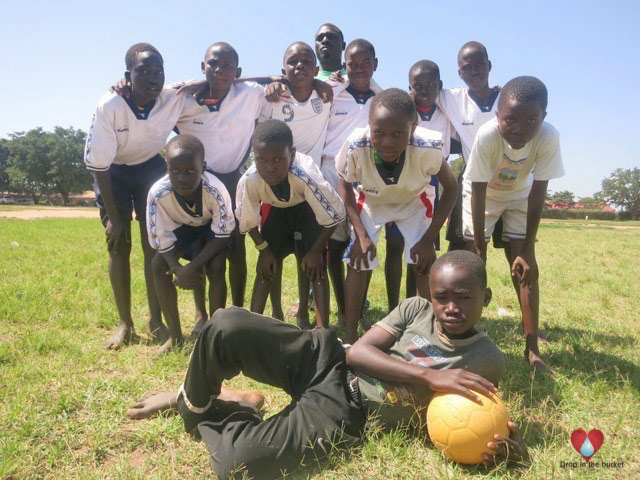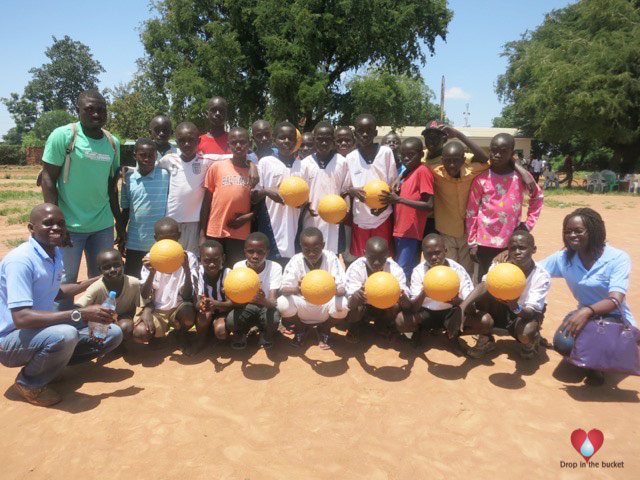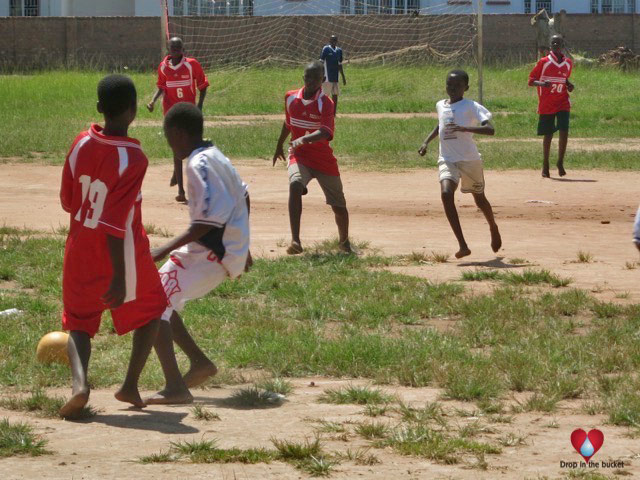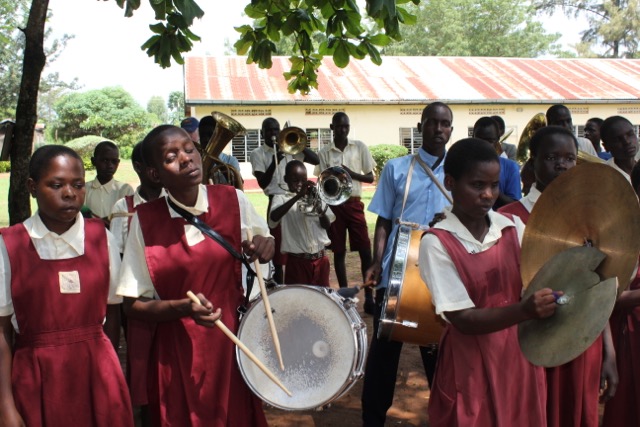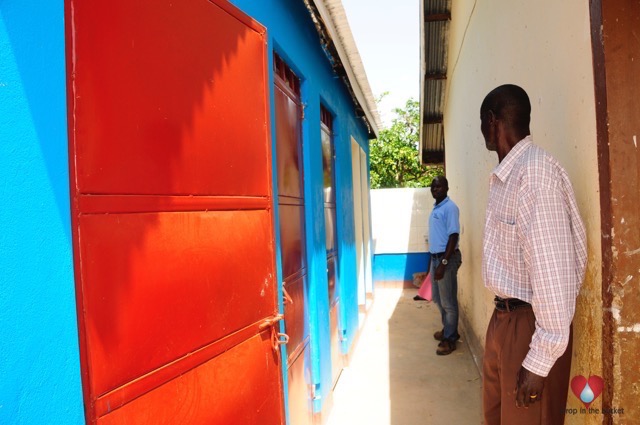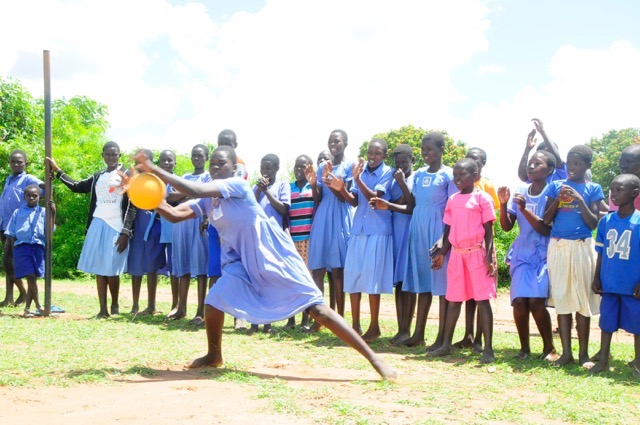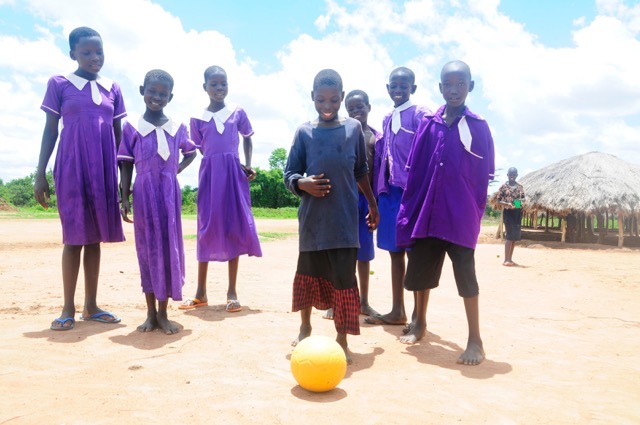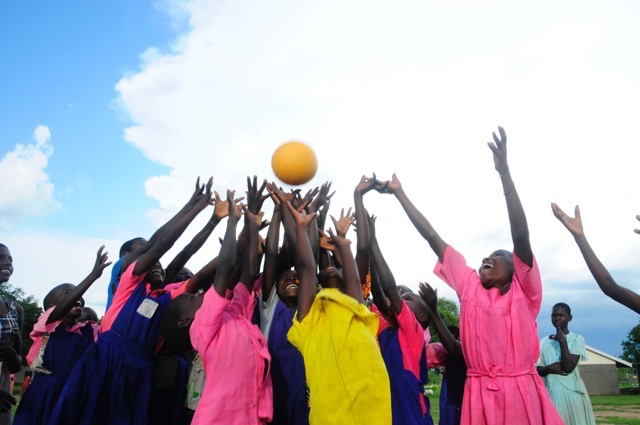World Water Day March 22nd 2016
Some of you may know that today is World Water Day, though it would be easy to miss. Not a lot about water grabs our attention — until we need it and it isn’t available.
In less fortunate parts of the world, access to water is a daily struggle, something people can’t choose not to think about. For World Water Day, we usually post an article or video shining light on water issues in Africa, but this year, we thought we’d do something different.
The introduction of fresh, safe drinking water is the most immediate life-changing benefit of drilling a deep water well in sub-Saharan Africa. But there are other, longer-term benefits that are also impactful.
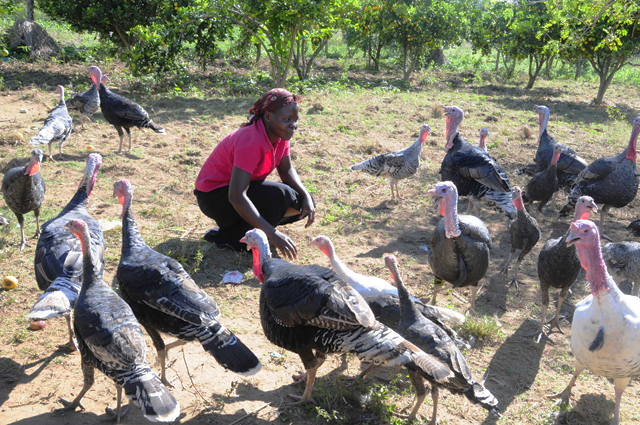
Agnes Akurut felt trapped by her circumstances. As a child, she wasn’t afforded an education, and as a result, as an adult, she’d struggled to find work. She’d always felt that she had an entrepreneurial spirit, but she had a hard time convincing people to believe in her ideas. She was also a struggling single mother of three, so making sure her kids had food, clothing and an education was a priority that took up most of her time and energy.
Her biggest fear was that this cycle seemed destined to repeat itself and her children would also grow up to live in poverty. Agnes was determined to do everything in her power to make sure her kids would receive the best education possible.
“Where I live, there is nothing more important than educating your children,” Agnes said. “If you earn money, you send your kids to school and if you can earn more money, you send them to a better school.”
Joining a Village Savings and Loan Association
In June 2014, Agnes’ life changed when she was offered the chance to join a Village Savings and Loan Association (VSLA) group set up by Drop in the Bucket at the Dokolo Kamuda Primary School in Dokolo, Uganda. The VSLA is a village run system of neighbors lending and borrowing money to each other to start small businesses. The system is linked to a local well and the money is collected in the form of monthly water user fees. Every family in the community, that can afford to, pays an small fee to access the school’s water well. The fees are collected each month at meetings where villagers pitch their business ideas. The villagers are taught which ideas are most likely to succeed and which ones are most likely to fail. The ventures are intended to spur economic growth throughout the community.
Agnes was one of the first people in Dokolo to qualify for a loan. She put the money — and herself — to work right away by buying 15 young turkeys with the 100,000 Ugandan shillings ($30) she borrowed. Agnes was so excited to get the turkeys
“This is the first time I have ever had money to invest in my ideas” she said.
Within a few months Agnes was able to pay the loan back and requested a second one – this time she asked for 50,000 shillings ($15), which she used to buy chickens and roosters.
Today, just two years since her initial loan, Agnes has 40 birds, which she sells to the local hotels for profit. Although she’s earning enough to make ends meet, she dreams of expanding her business even further. When she’s eligible for another loan, she wants to build a coop to better protect her investments and to make it easier to collect their eggs and make even more of a profit.
Agnes proudly told us that she is now able to send her children to the best school in the area.
“I will make sure they receive the best education possible,” Agnes says, “and, because of this, they may be the first in my family to make something more of themselves.”
Actually, that distinction must already go to Agnes.
